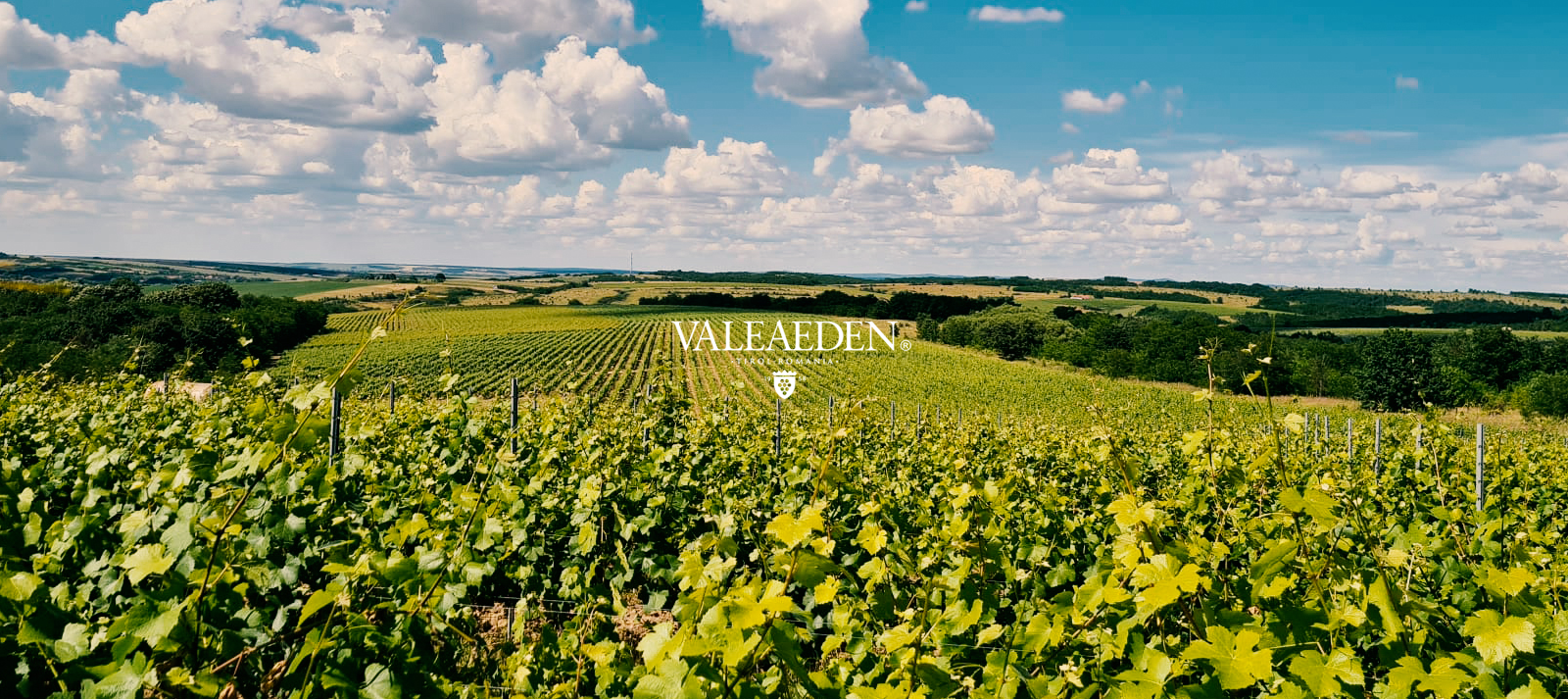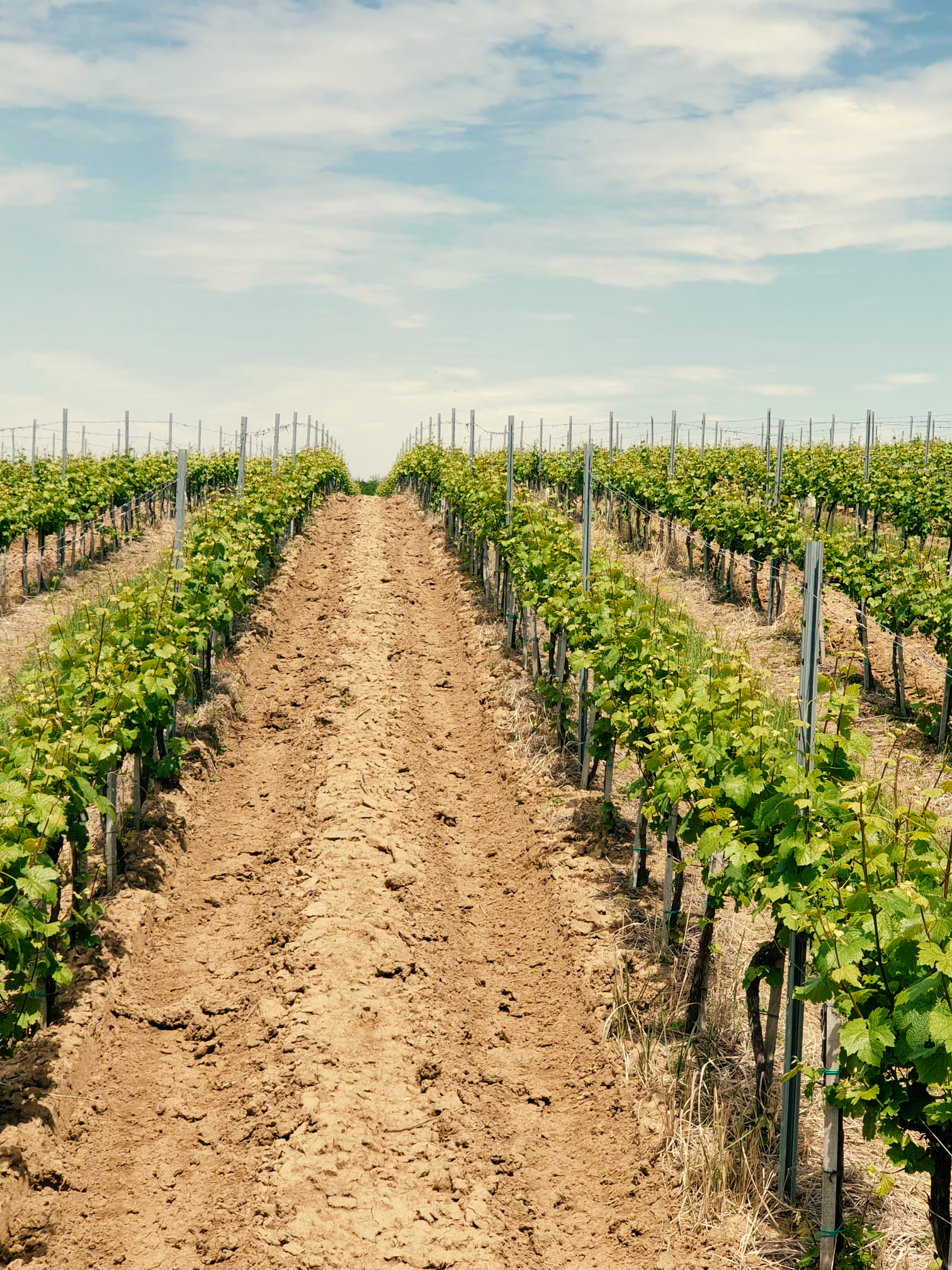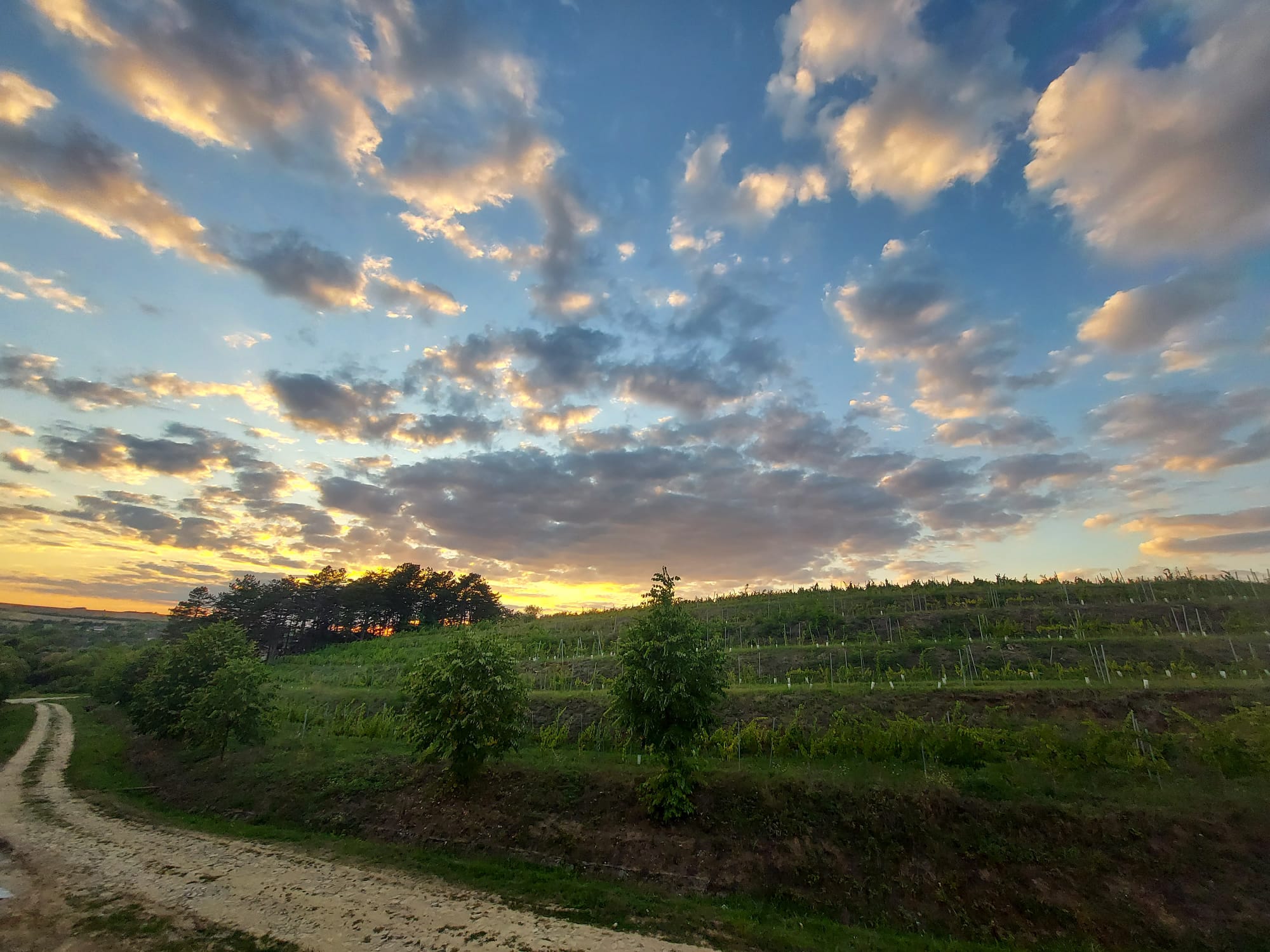TRADITION
The wines speak of the area, reflecting, besides the natural environment, its human specificity.
In Tirol, the history, tradition and stories of the people are intertwined with vineyards and wines.
Traditional local occupations include agriculture, orchard tending and beekeeping. But viticulture is the one that made Tirol famous. As early as 1810, historical documents show, lands for planting vineyards were allocated to the first inhabitants. A possible explanation would be that among them were families from South Tyrol, familiar with viticulture, but also the fact that a viticultural tradition already existed in the area.
Many other settlers (from Bavaria, Bohemia, Moravia, Austria, Silesia, Caraş County) came to Königsgnad. Although it is a multicultural mix, the village has kept the German language and customs, especially music and dance, accompanied by wine.
While many of the former residents left in the second half of the twentieth century, the wine tradition endured. The state-owned vineyard had a total area of 437 ha and many of the wines produced here have been awarded gold and silver medals (Cabernet Sauvingnon, Merlot, Traminer and Muscat Ottonel), making Tirol a well-known Banat wine brand.





